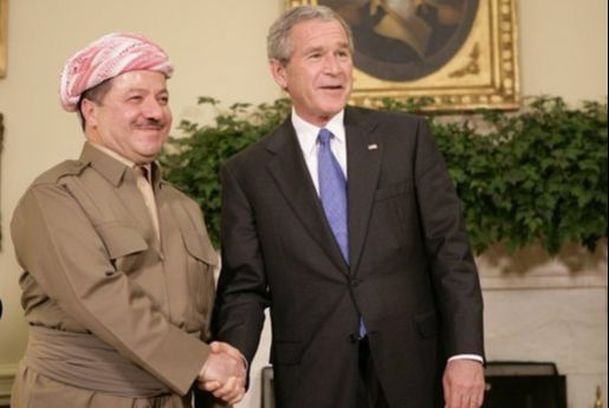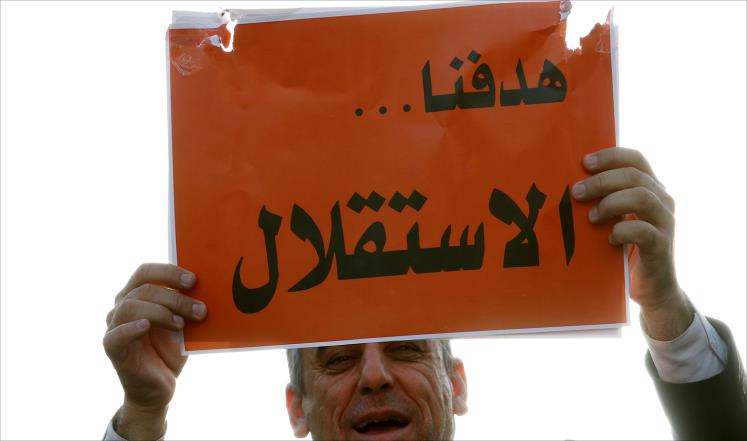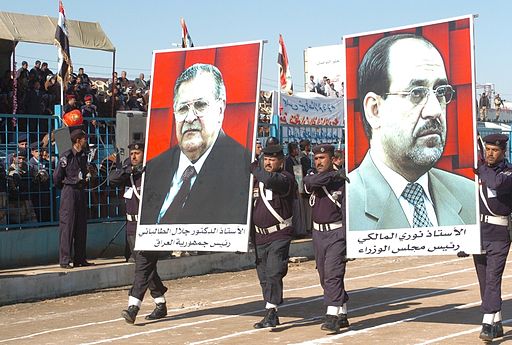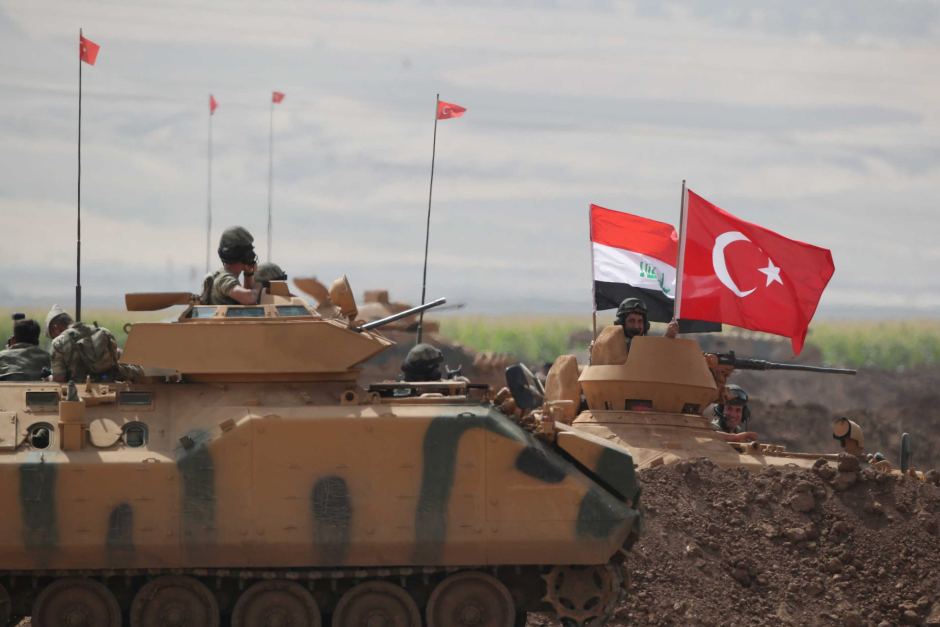Missing from the statehood debate however, are important questions. How might an overwhelming ‘yes’ vote cast in favour of secession alter the existing equilibrium; what shape will be an independent Iraqi Kurdistan assume, and will it cost Kurdish regional leader Massoud Barzani his most enduring alliances?
Having proven to global onlookers that the people's appetite for divorce is unsuppressable, is only half a victory for Barzani. His allies have in reciprocation proven uncompromising in their rejection of Barzani’s free Kurdistan.
Baghdad, Tehran and Ankara have unequivocally recognised the vote as ‘unconstitutional’. They have also pinned accusations of land theft and oil smuggling to KRG figureheads. United in their opposition, the trio authorised countermeasures last week including border and airspace closure to derail KRG’s secessionist scheme. Much sympathy for Iraq’s Kurds has been drummed up in the media sphere but the point bypassing most is that the hands of Kurdistan’s political elite are far from clean.
The answers extend beyond this debate, but joint acceptance of a sectarian quota system, by Iraq’s kurdish and Shi’i parties, was the nail in the coffin of a united Iraq. No amount of denial can wash away these facts.
Kurdish loyalties to America are not about to be reversed anytime soon however. Closer attention of America’s navigation of Iraq’s political landscape and its policy objectives since the 90s reveals other sources of inspiration behind KRG’s statehood bid.
Historically, America’s support of Iraq’s Kurdish periphery was intended for the destabilization of the centre: Baghdad. Despite its limited impact prior to Iraq’s crumbling post-2003, the strategy successfully buttressed both Barzani and his foe, Jalal Talabani. The tilt then, was activated in favour of a coup that would replace Saddam and seat both Kurdish camps in power. The policy of strengthening Iraq’s Kurds today however is hoped to apply enough pressure to have Baghdad begging on its knees seeking redemption from Washington for its repeated failings.
There is no fooling the Iraqi street however, for they know that Washington’s influence in Baghdad pales in comparison with Iran's.
In light of perpetual warfare and failed governance in Iraq and its neighbouring state, makes it difficult to fathom how free Kurdistan can inspire a democratic domino effect in the Middle East at large.
The moral case for independence is preferred by western outlets, offering an easily digestible and uncomplicated argument. Self-determination, a right reserved by every community for whom Iraq is home, is not disputed. What is, is the dismantling of a unitary state structure and the sale of oil resources belonging not to KRG’s elite but the nation.
The thorny and unresolved question of Iraq’s disputed territories may similarly deprive KRG of the velvet divorce it yearns for. The dispute hangs over oil and gas rich areas that fall under but aren’t incontestably Kurdish. Though under Kurdish protection, not everyone consents to KRG’s jurisdiction over mixed areas and accusations of imposed ‘Kurdization’ of non-Kurdish areas are gaining salience. At the epicentre of this dispute is the city of Kirkuk; a true ethnic cocktail home to Arabs, Turkmen, Assyrians and Chabak. It sits on an estimated 13 percent of Iraq’s oil reserves.
Red lines do remain that only negotiations can lift — if conflicting parties reach an agreement on revenue sharing in disputed lands. The scramble for oil is likely to pick up pace following last month's referendum result before the boundaries of an independent Kurdish state can be demarcated. The quest for statehood as Barzani and others have proudly declared, will be deferred no longer, at a time when Baghdad is at its weakest.
Contrary to mainstream assessments: it is not Baghdad that is being held hostage to Kurdish demands. Baghdad and the KRG cannot cleave away from America, who like Baghdad is desperate for cash to fund its prolonged stay.
Only time will tell whether the US will transform the KRG into another revenue generating vessel it can lean on when Baghdad fails to deliver. Untying the knot of these alliances may take longer than is desired. Although administratively speaking little will change in Iraq’s Kurdistan, America will continue to tempt secular actors who it hopes to see hold the reigns of power.





 RSS Feed
RSS Feed